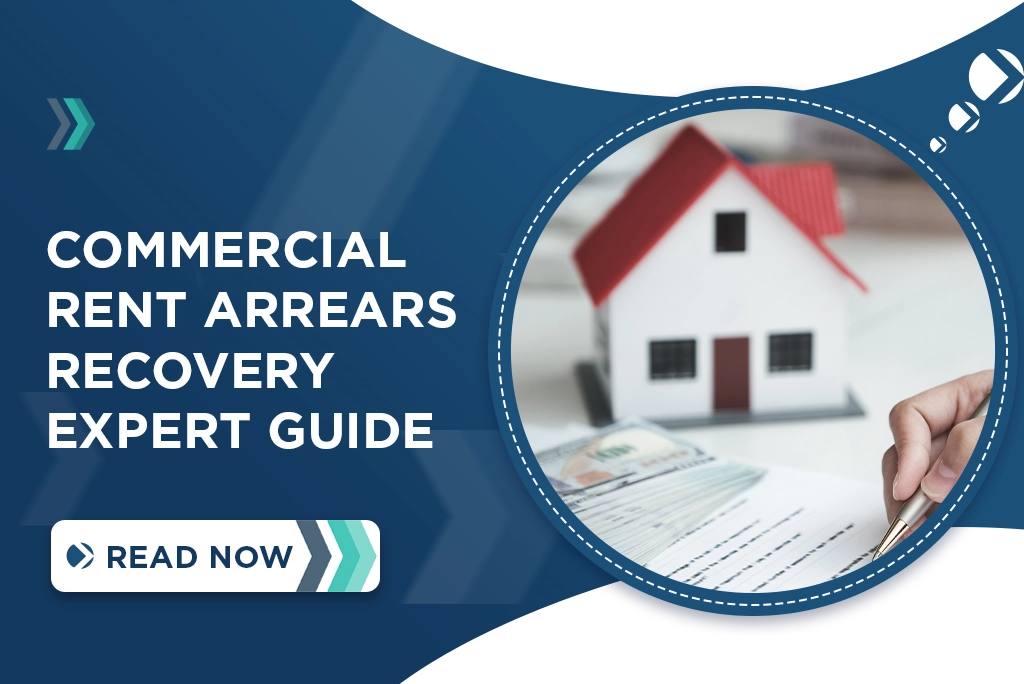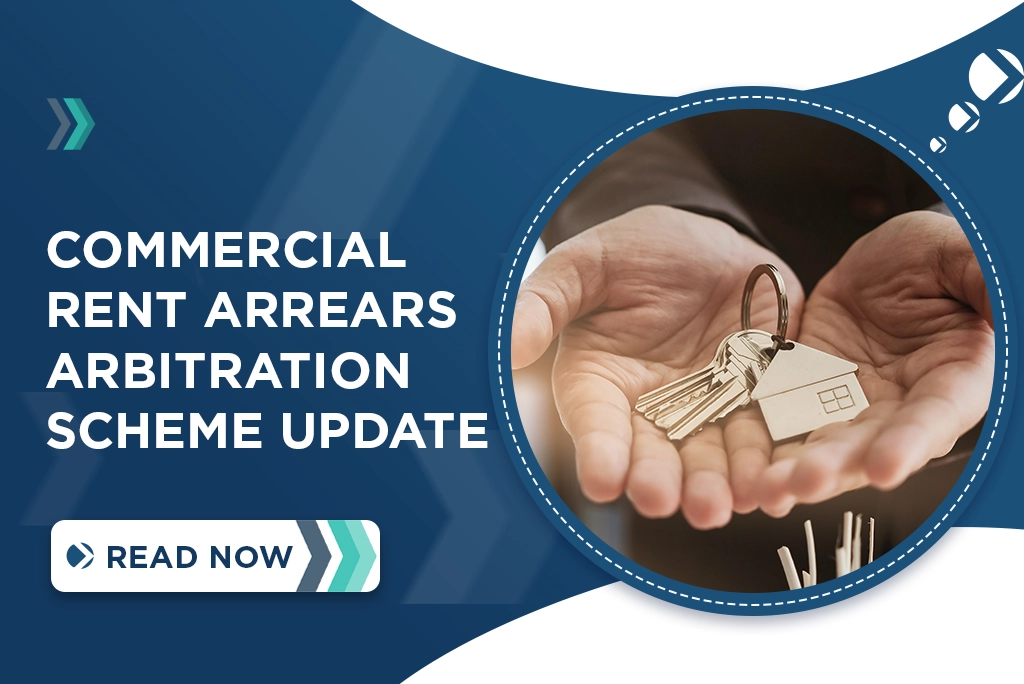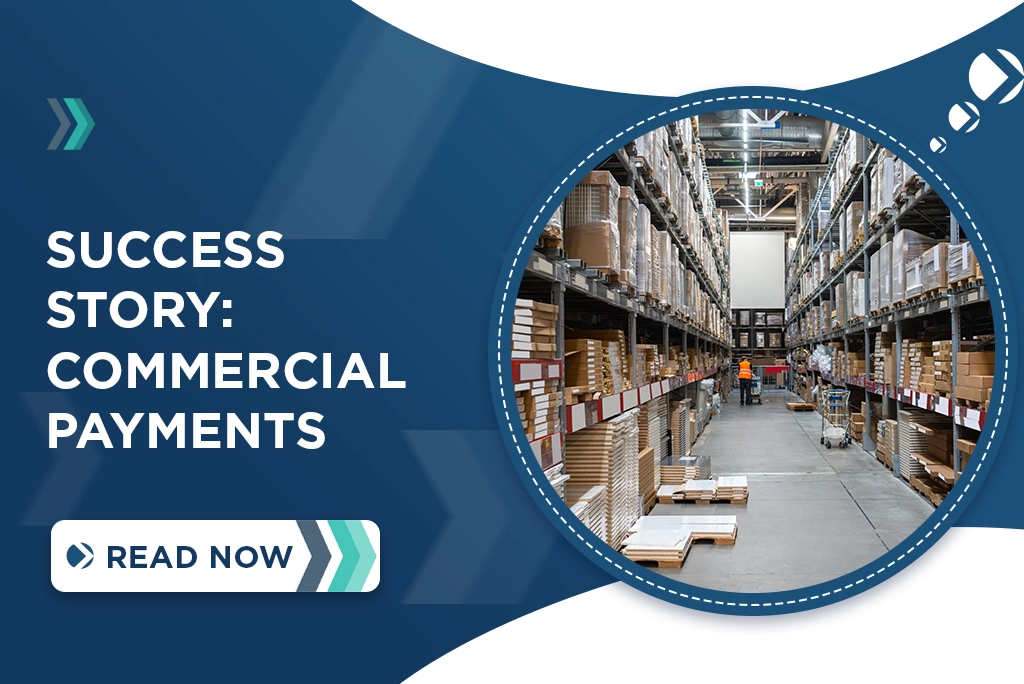
Commercial Rent Arrears Recovery (CRAR) – #1 Expert Guide
12th October 2023
Are you a commercial landlord with a history of tenants not paying rent on time? Sounds like you need Commercial Rent Arrears Recovery (CRAR)!
In recent years, it has become more popular for businesses to rent commercial properties rather than buy them outright.
There are several reasons and benefits as to why business owners may choose to do this.
Smaller businesses, for example, may choose this option as they may not be able to accurately predict their future income. Not being tied to a building can be of benefit if financial difficulties arise.
The landlords themselves will also benefit from this as well, as they will have a regular income stream of rent.
There are, however, times when the commercial tenant may fail to pay rent. Nonpayment of rents can be problematic for both landlords and tenants.
Not only is the landlord now without payment of rent, but now they have to chase and get the tenants to pay what they owe.
Unpaid rent is unfortunately very common, with landlords needing a dedicated solution to recover commercial rent arrears.
To highlight the severity of this, the British Property Federation (BPF) estimated that back in June 2021, £7.5 billion of rent was in arrears.
In most cases, arrears of rent may be for a genuine reason which can be resolved relatively quickly and amicably.
When it is time to pay the arrears and the tenant straight-up refuses, further escalation is needed in the form of CRAR proceedings.
What is Commercial Rent Arrears Recovery (CRAR)?
Commercial Rent Arrears Recovery (CRAR) allows landlords of commercial premises to collect rent arrears from problematic tenants by taking control of goods and then selling them.
In 1977, the Rent Act stripped residential landlords the ability to recover unpaid rent through the control of goods. However, this did not prevent landlords of commercial properties.
Although, the goods cannot be recovered by the landlords themselves. The CRAR procedure states that this has to be done by professional and certified enforcement agents such as DCBL.
The CRAR process itself allows landlords to recover the overdue rent without the need for a court order. There is a limitation to this however, as this only applies to commercial tenancies subject to a Written Lease.
What is a Written Lease?
When a commercial property is rented by a business, it is common for a written lease (or agreement) to be created.
The commercial lease is a contract between the landlord and the tenant, and outlines the rights that both parties have.
Most written leases are made up of express terms (what was agreed) and implied terms (rights given by law).
In the interest of commercial rent, this may be related to you (the landlord) having the right to occupy the premises should rent not be paid by the tenant.
What Is the Process of CRAR?
If a once reliable tenant has started to get into the habit of not paying the rent on time, hesitation should be avoided to recover rent arrears.
Commercial Rent Arrears should not have to feel like a chore to recover, especially with the help of CRAR proceedings.
The first step of the process is applying for a Warrant of Control, which is a legally binding document which is awarded to the tenant with rent arrears by the high court.
The Writ of Control itself allows high court enforcement agents to take control of the goods. Once this has been filled out, you can instruct DCBL to recover the rent.
Upon instruction to recover the rent, our team of certificated enforcement agents in CRAR proceedings will begin enforcement action. This starts by issuing the tenant with a 7-day Notice of Enforcement.
It should be noted that the rent arrears must be at least 7 days’ worth or more at the time that the CRAR notice of enforcement is served.
If no payment isn’t made, we will undertake proceedings to recover the debt ourselves. This will include attending the property and removing the goods to sell at auction.
Why Choose DCBL for Commercial Rent Arrears Recovery?
For any commercial landlord that is owed money by one of their tenants, choosing the right process of debt recovery can be a time-consuming process.
However, there should be only one option when it comes to recovering the debt, and that is choosing DCBL.
At DCBL, our high court enforcement agents ensure that rent arrears are recovered swiftly, efficiently, and ethically.
The solution that we provide is categorically FREE, meaning the cost of our services are added to the outstanding arrears.
Not only this, but upon successfully recovering the rent your monies are remitted within 24 hours.
Throughout the recovery process, we are mindful at ensuring we protect the existing Landlord/Tenant relationships. The purpose of this is to help maintain tenant and business networks.
Do you have commercial rent arrears that have not been paid? Contact our specialists today.










